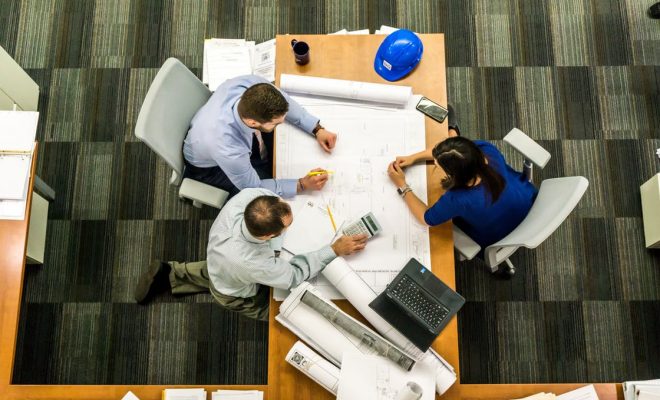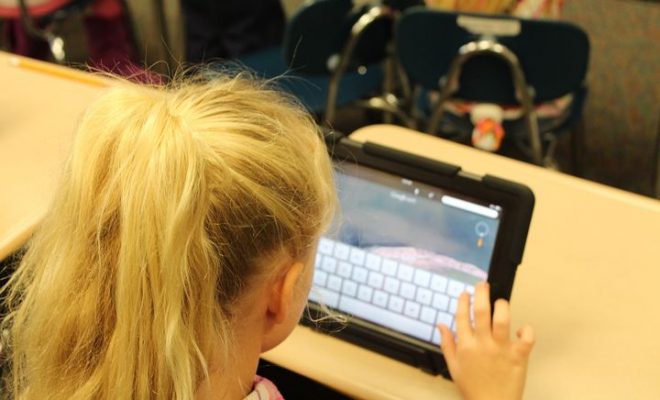10 Ways Edtech is Reinventing the College Lecture

Can you remember the times when only a notebook and pen were welcome in a college lecture? Taking notes by hand is quickly becoming an obsolete way of keeping up with the class in the face of educational technology. Edtech inspires students to take the things they learn in lecture and apply them to other areas of their daily life.
How exactly is this technology reinventing the college lecture scene? Take a look at a few of these top ways students are using edtech to improve their education.
- Students can get connected: How many times have you been in a lecture with more students than you can count? Technology provides a way for students to connect with their peers in a meaningful way. They can receive copies of the notes from last week’s lecture or have a friend record the class. It can even be used to organize a study group for exam week.
- Lecture content becomes a talking point: When interesting things are learned in a lecture, the content often becomes a gateway to a greater conversation. Technology can be used to facilitate conversations, host debates, and emphasize the material covered in class.
- Edtech allows for more points of view: You may have never heard their voice, but shy students and classmates have thoughts on the class topics. Using technology to facilitate conversation makes it easier to hear differing viewpoints from individuals who are often too shy to speak up.
- Group projects are easier: Working in a group to complete a task teaches several essential life skills. Communication and teamwork are required to complete a task, and technology can make both of these objectives even easier. Groups can connect through social media or school-based platforms to coordinate their assignment more effectively.
- Students are more fully engaged: Engaging students with the material is no longer the sole responsibility of the lecturer. Instead, it becomes a cooperative experience using apps and other edtech programs to keep students engrossed in a meaningful capacity. It spans multiple learning styles and solidifies the key concepts inherent to the material.
- Gain access to more materials: Was there a specific part of the lecture that just didn’t make sense? If the professor doesn’t have time to answer each individual question within a large lecture hall, students no longer have to fret. Additional information is available with just a few taps on their phone. This allows for deeper and longer-lasting learning.
- Gain the perspective of multiple professors: Some lecturers may routinely have guest speakers share on specific topics, but edtech can make this a more frequent occurrence. Online seminars and lectures are available for easy incorporation into a classroom. This gives students a wider base of knowledge and multiple perspectives they can draw from in the future.
- Research has more tangible results: Using many of the digital platforms available, students can make the most of their research by supplying it online. Students can work together to conduct an experiment and trace the results with a lower cost and higher efficiency using edtech. Advancement for the sciences is significant when using technology to its fullest capability within traditional college lectures.
- Students have constant reminders of material: Lecturers and professors who utilize edtech proficiently force students to consider the material on a daily basis as well. By using clever social media postings, email chains, and other creative ways of reaching out to students, they are reminded of the material. This may also be a great way for professors to answer common questions received after class or provide helpful study hints for upcoming exams.
- Notetaking is simplified: The upcoming generation likely knows how to type faster than they can write their notes by hand. Allowing technology into lecture halls gives students the ability to take more detailed notes, process greater volumes of information, and ultimately allows them to study harder and potentially test better as a result.
Technology doesn’t have to be a frightening thing that disrupts the traditional learning environment. Instead, edtech can be incorporated in lecture halls across the country to enhance the learning experience of all students. Even professors will find that students are more actively engaged in their education when technology is utilized effectively.





